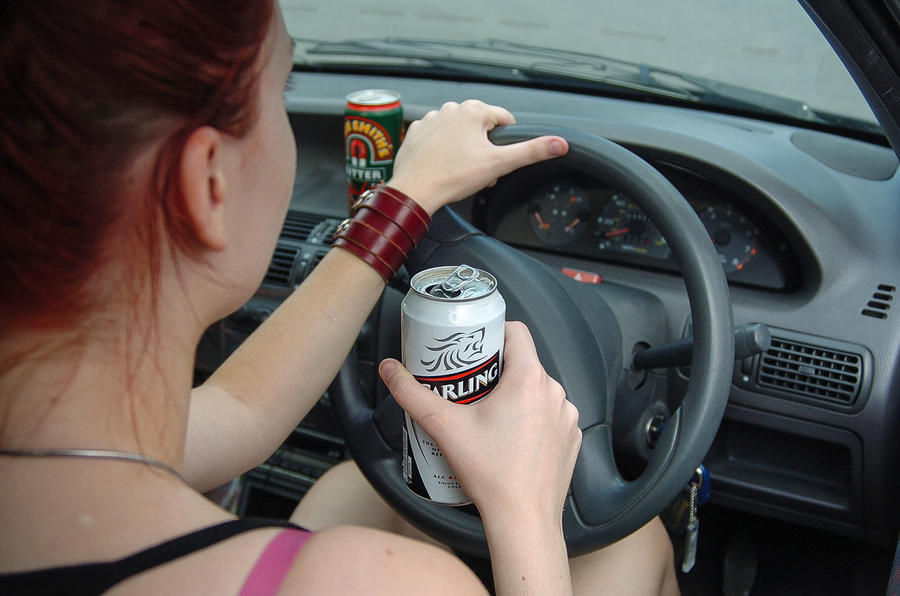The UK government could slash the drink-driving limit in England and Wales, making it illegal to drive after one pint of beer or a glass of wine.
Transport Minister Andrew Jones has suggested that England and Wales could follow the example set by Scotland, which lowered its drink-driving limit from 80mg per 100ml of blood to 50mg in 2014.
It is understood that the rest of the UK could follow Scotland’s lead, with Jones saying he will seek “robust evidence” of the impact of the lower limit.
In response to a parliamentary question asked earlier this month, Jones said he would meet and discuss the matter with his Scottish counterpart: “It is important to base our decisions on evidence and the Scottish experience will be crucial to that before we consider any possible changes to the limits in England and Wales.
“This Government’s current position, however, remains to focus resources on enforcing against the most serious offenders.”
Police in Scotland have said that the number of drink-driving offences fell by 12.5% in the first nine months of its new limit being enforced.
In 2014, drink-driving led to 240 fatalities and 1080 serious injuries in England and Wales.
The current 80mg limit is among the highest in Europe. Countries including the Czech Republic, Hungary, Romania and Slovakia have a blanket zero alcohol policy, while the majority of countries have limits of around 50mg per 100ml.
Although the new limits would suggest a single pint of beer or glass of wine would place drivers over the limit, in practice it is impossible to predict, because each person metabolises alcohol at a different rate.
Reaction to the news has been positive. The RAC Foundation’s director, Steve Gooding, said that ministers were “right to remain open minded about drink-drive limits and ready to assess evidence from north of the border.
“It would be a poor argument to say cut the drink-drive limit just because others have done it, but there is now plenty of data to suggest a change would have a marked improvement in terms of road safety.”
The RAC Foundation’s own research estimates that a lower drink-driving limit would save around 25 lives annually. Since 1979, the number of people killed in drink-driving accidents has dropped by around 85%.
Speaking to The Telegraph, AA president, Edmund King, said that a majority of his organisation’s members would support a lower limit. He said the move “seems a sensible step to bring us into line with Scotland and the majority of European countries.





Join the debate
Add your comment
The Scottish experiment.
There seems to be a different
With traffic police numbers reduced by a third over the past 5 years I can't see that you're any more likely to get caught than before in England. The only time you're likely to get done is if you're breathalysed after doing something else and not just randomly stopped, as is the case in Scotland.
It has been lowered in